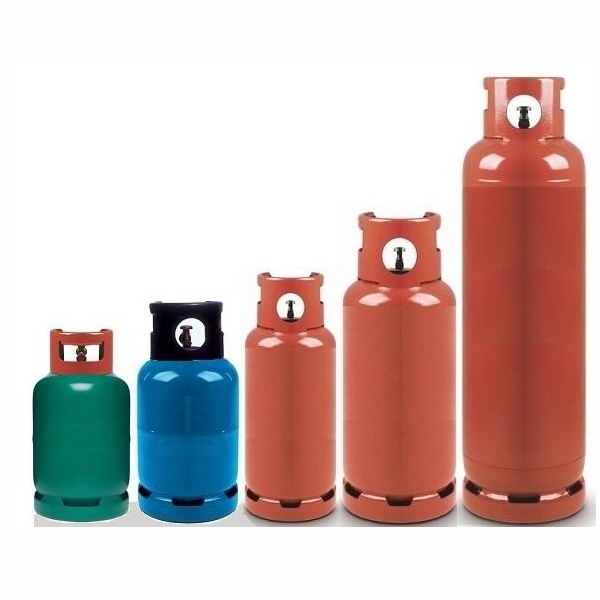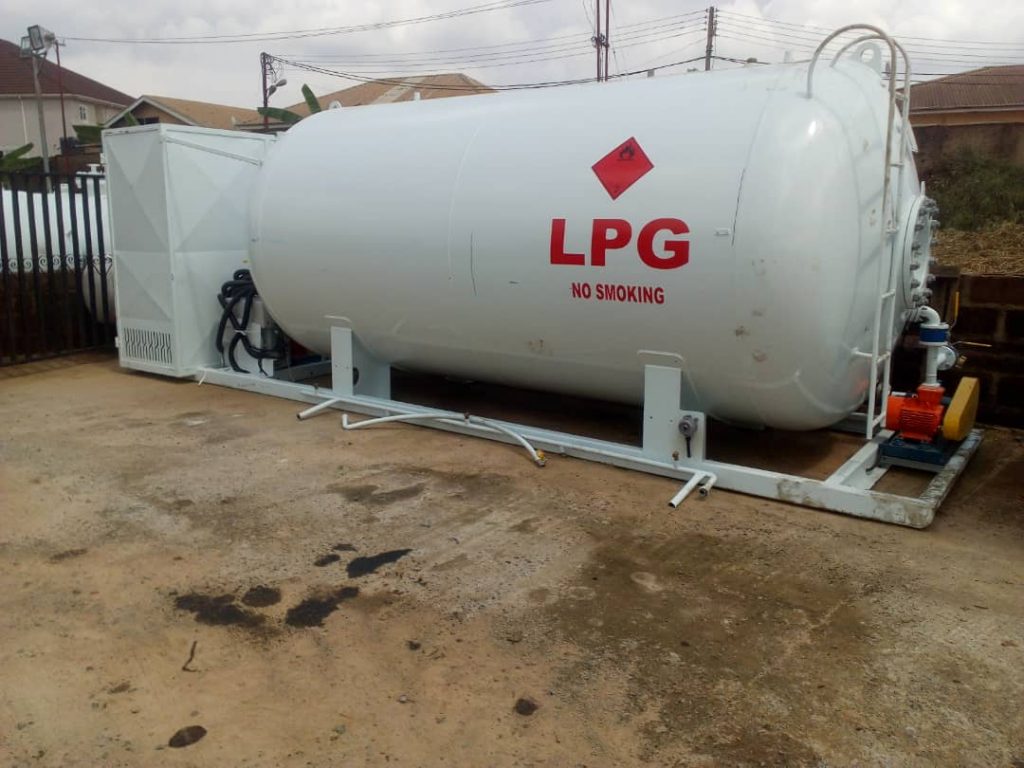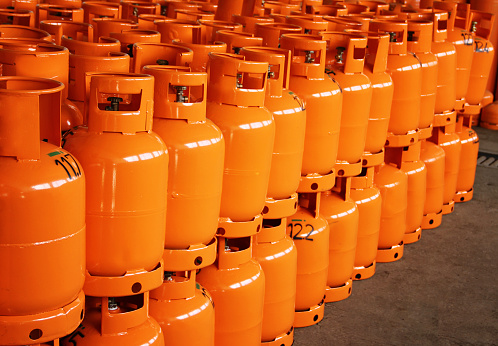Four notable trends have been identified for the gas industry in 2018 focusing on dynamic gas pricing, consolidation and corporate restructuring, the increasing globalization of gas markets and the change of LNG usage, Mark Simons, head of Global Gas Trading at Maersk Oil said on Friday.
Simons told Gastech, an online energy discussion platform, that in 2018, oil would continue to play an important, influential part for global LNG pricing. Throughout 2017 when commodity prices rose, gas prices followed suit, forced upwards up by rising oil and coal prices as well as various supply and demand issues specific to the gas market.
He explained that,”If oil comes off, there will be more downside risk to the gas price, given the increase in the expected supply of LNG this summer. Whereas, if we see oil prices rise above where they are now, there could be less pressure on gas prices in the summer across all regions, particularly in Europe, given the market has a lot of available LNG import capacity,” he explained.
Simons said the trend in corporate takeovers, mergers and acquisitions in the gas and energy industry seen in 2017 would continue in 2018 because companies are looking to adjust their portfolios to be better placed for an impending energy transition.
“In terms of new business models, I think we will see gas companies who have traditionally been looking at long-term contracts and sales become more flexible and look towards shorter term and more customer-focused deals. The change in contracts will allow the companies to be better placed to sell volumes in a market, which is long supplied,” he said.
A lot of corporate change is destined to come especially in Europe, Asia and the U.S., he added.
He also noted that gas pricing in all regions would become increasingly driven and influenced by Henry Hub – the U.S.-based distribution hub – because of the increased volumes of uncommitted LNG being produced in the U.S.
According to Simons, the Henry Hub influence is likely to increase the need for price risk management and currency risk management as players seek to manage the increasing impact the dollar has on their gas purchasing in Europe.
“Some of the newer players of LNG trading, who have emerged in recent years, will continue to increase the amount of transactions they do and seek to offer new market opportunities for new buyers of LNG, which hasn’t necessarily happened in the past,” he added.
Simons stressed that the use of LNG would also change and this would mostly happen in the shipping industry, where the market could become a major buyer of LNG for large-scale ships but also for ferries and smaller-scale ships.
“Although this will not transform the market in 2018, I believe it will continue to grow as more companies will look to have LNG kit on their ships rather than oil burning kit. However, to lead to significant change in the long-term we will need to see legislation and policy drivers on emissions from ships become a lot more severe before we see any transformative change,” he added.
Source: AA energy





